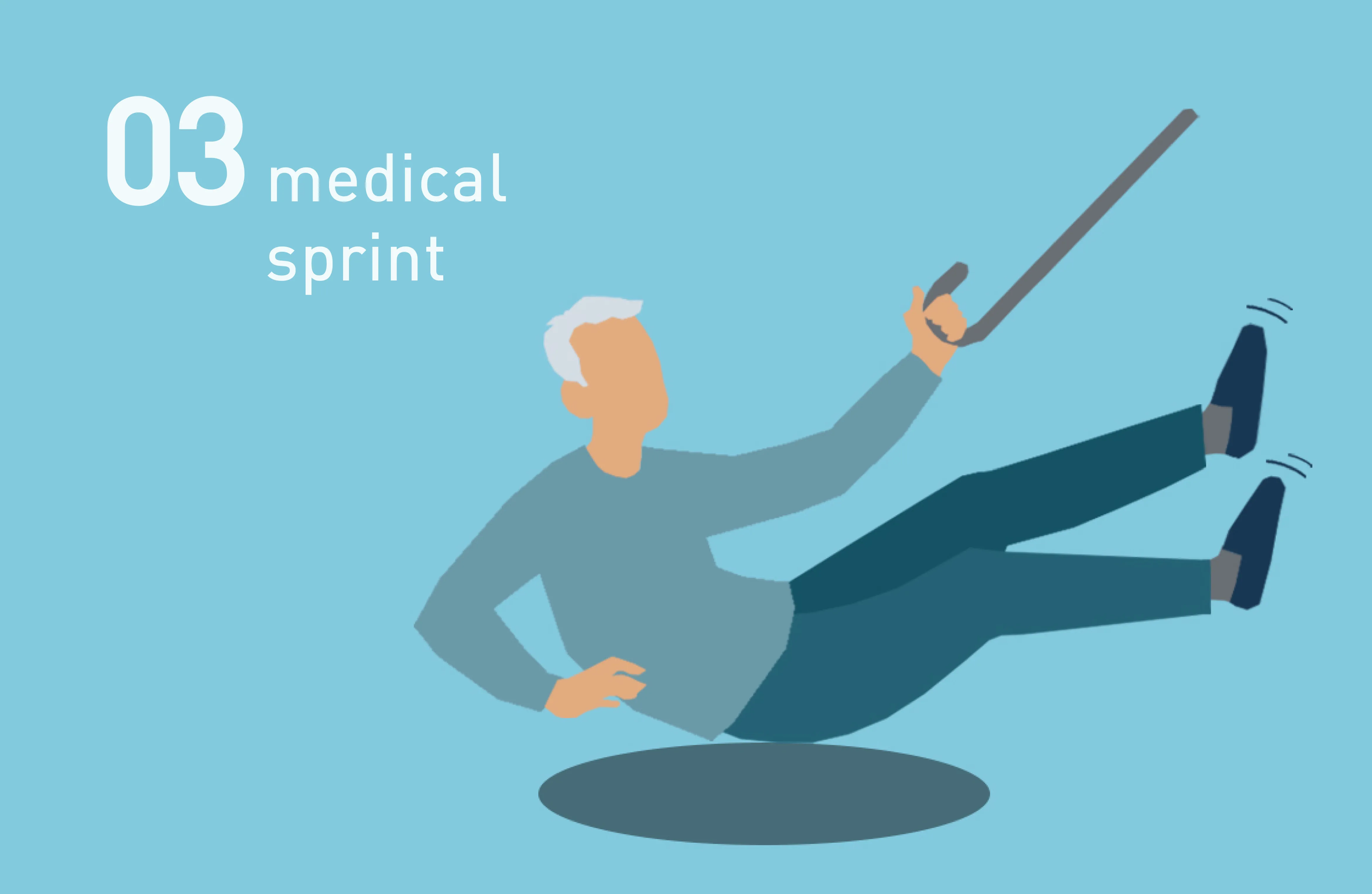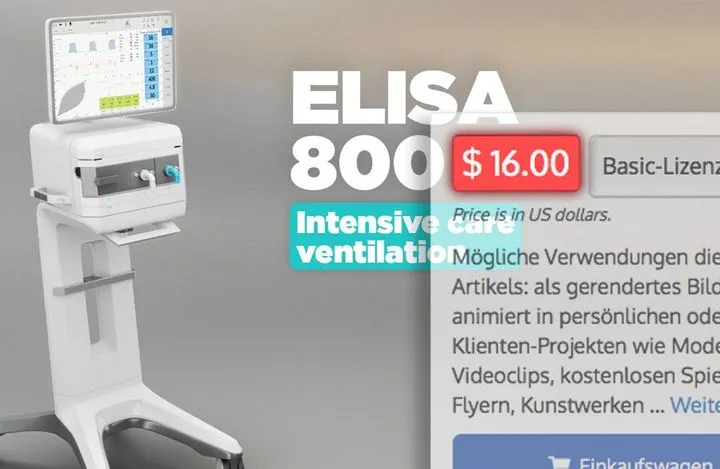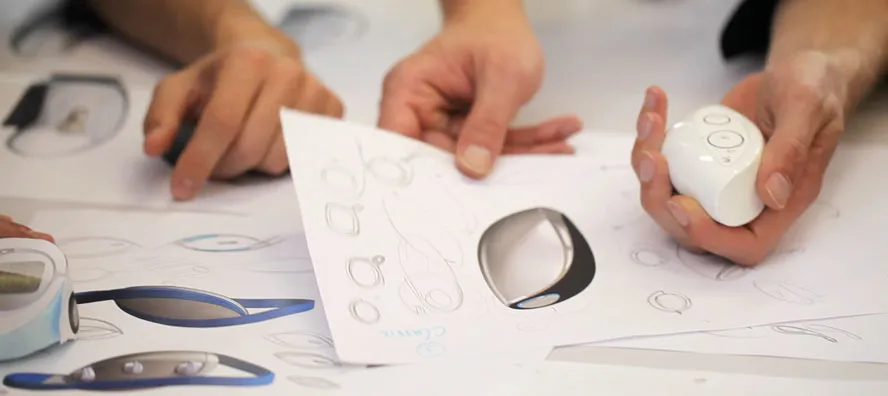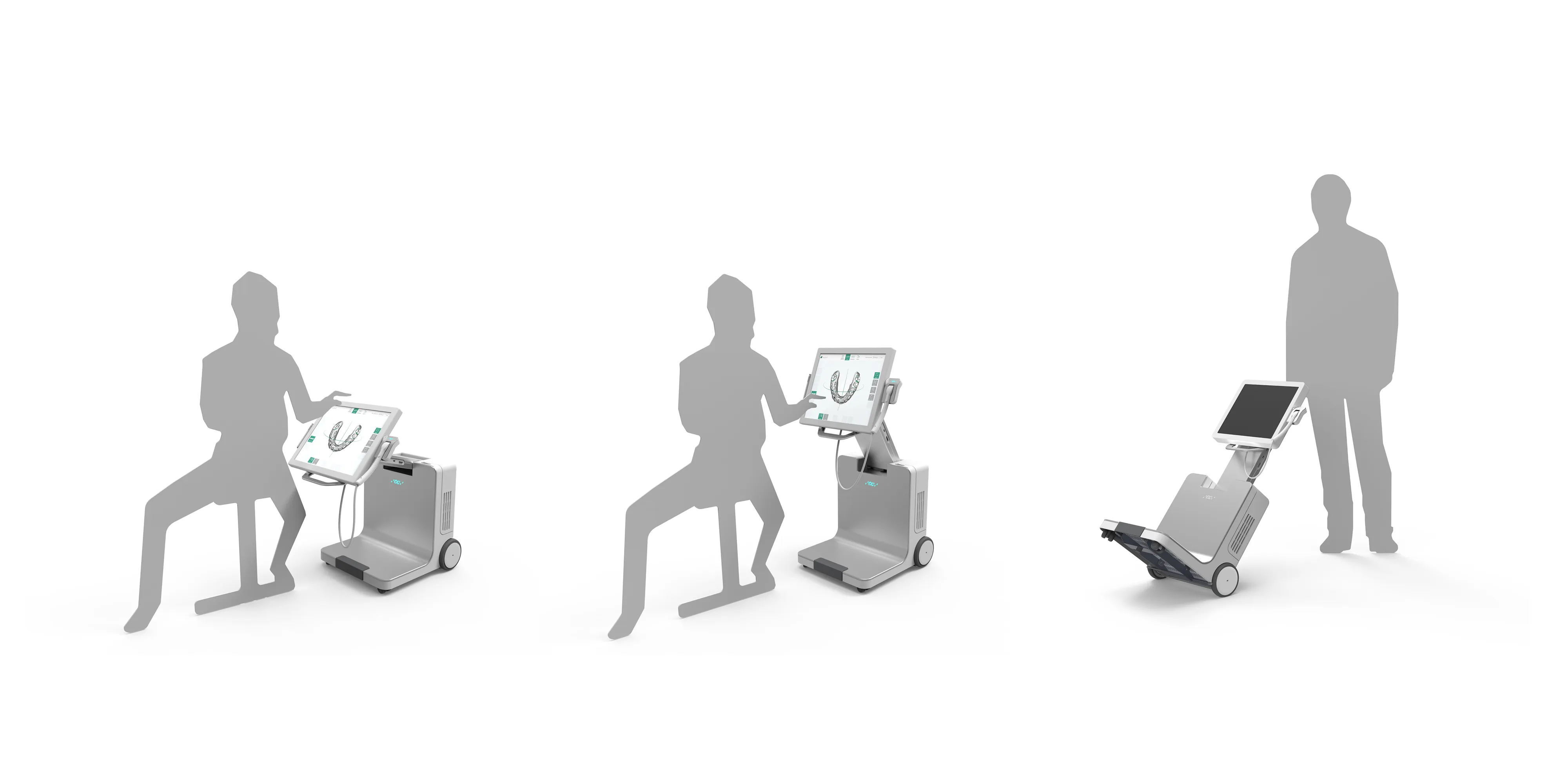Perspective
Difficult, but not impossible: sustainability in the healthcare sector
Every company and every industry will be transformed by the transition to a net zero world. The question is, will you lead, or will you be led?
Larry Fink, CEO of BlackRock
Companies will not be able to avoid dealing with the "sustainability" megatrend in the coming years. For investors such as BlackRock, for (prospective) employees and also customers, the topic will become a decision-making factor. It is therefore all the more important that the rather conservative pharma and medtech sector also catches up and engages with sustainable action.
With the Milani design & consulting AG as a sustainability specialist at our side, WILDDESIGN is also increasingly focusing on this topic. Markus Wild is also a partner in the network of Healthcare Shapers. The members recognize and promote the megatrend of sustainability and are committed to it in various areas. The following highlights of some of the Healthcare Shapers provide an initial insight into the diverse approaches.
Saving resources
Thinking about future generations and saving resources is probably the most common approach when it comes to sustainability. Conserving resources can start with everyday work. For Peter Teich in the field of pharmaceutical marketing, for example, it is the materials for the sales force: "When I started, a lot was printed on glossy paper. In the meantime, the iPad has also been accepted as a discussion document for sales representatives."
New approaches always mean a changeover and in many cases higher costs. However, André Pöhler also sees opportunities, for example in the area of digitalization. Apps such as "doctolib" reduce bureaucratic work in medical practices and video conferences or consultations also ensure more efficient work: "For me, it's also a win-win situation. For example, field staff can speak to more doctors than if they were traveling around the country," says André Pöhler.
Processes can also be optimized in many areas to save energy. One example of this is hospitals with high energy requirements. The switch from fossil fuels to renewable fuels can also be prioritized more strongly in the future.
Recycling and avoiding waste
If the global health and life sciences sector were to be considered as one country, it would be the fifth largest emitter of greenhouse gases. Packaging and disposables generate large amounts of waste. "Recycling is practically impossible: the packaging must fulfill certain properties to ensure the sterility of the product. In addition, the actual product is contaminated by the patient's blood and body fluids and cannot be recycled normally," explains Christoph Eisenhardt.
The products are becoming more practical and user-friendly for patients. However, increasing complexity also increases consumption. If you compare the weight-related loss of resources, the loss of an insulin pump infusion set is around 70-200% of that of a "coffee to go" paper cup. In comparison, the loss when using a patch pump increases dramatically: 1821600 % compared to the paper cup. The reason for this is the composition of different materials and, in some cases, electronics, as with the patch pump. Christoph Eisenhardt could imagine starting here at the product design stage. The Healthcare Shapers also have a lot of expertise in this area.
Sustainable, biodegradable plastics, for example, would be one option. For Manfred Augstein, the topic is currently gaining relevance due to the Covid tests, as they generate large amounts of plastic and hazardous waste. Here, too, it depends on the materials: "In surgery, there are already small series with bio-based approaches. Unfortunately, they are still very hesitant, as the materials are still somewhat more expensive than the petroleum-based standard materials," says Manfred Augstein. However, if producers accept slightly higher prices in the future, prices could become more attractive again in higher production volumes.
Regulatory requirements as hurdles
Intended, but not done: Regulations for medical devices often represent a further hurdle on the way to more sustainable production. Disposable items or extensive packaging are prescribed to ensure hygiene and sterility. Since January 2021, there has now been an EU plastic levy for medical devices.
According to Detlef Mangels, medical technology companies can only react to this to a limited extent: "If we change something on a product, this is a design change according to the Medical Device Regulation (MDR) and it has to be re-approved. That takes time, of course." Therefore, compromises have to be made, as Frank Sodha emphasizes: "In some cases, we have regulations that go far beyond the necessary safety of a product. In my opinion, both sides - those who decide on the approval and those who manufacture it - must therefore come together."
Duty of sustainability: reporting requirements
On the other hand, legal demands for more sustainability are also growing. The corporate social responsibility reporting obligations of 2014 only apply to larger or listed companies. Scope 1 and Scope 2 are currently subject to reporting requirements, with the former covering self-produced emissions and the latter purchased energy. Scope 3 covers all other aspects, but is not yet subject to reporting.
In future, companies in the EU with 250 or more employees will have to report. According to Frank Roth, "these are of course some that are suddenly being forced into the sustainability debate." Even if sustainability was not previously an issue for some companies, the pressure is increasing. For Peter Teich, this means: "Companies need a strategy and, ideally, a sustainability manager. At the moment, it's often put up somewhere for the time being, but most pharmaceutical companies don't yet have a clear strategy."
Sustainability as a competitive advantage
"Sustainability has become the central selection pressure for today's business models. According to the CEO of BlackRock, the world's largest investment company, most stakeholders expect companies to play a central role in decarbonizing the global economy " - this is how Peter Becker describes it. In the Scandinavian markets, sustainability is already a decision criterion alongside price.
It is becoming increasingly important - for shareholders, employees and also customers. This growing awareness is already visible in everyday life - canvas bags are being used instead of plastic bags and people are perhaps taking the train or bike to work instead of the car. Even if the medical technology and life sciences sector was not the first to react to these changes, the impact is growing here too. "The problem? We talk a lot about sustainability, but we don't do it, because in reality it's an extremely expensive topic," summarizes Frank Sodha.
But where do you start?
André Pöhler describes it like this: "What's the saying? The first 80 percent involves 20 percent of the total effort. The last 20 percent is then disproportionately difficult to achieve, but let's start with the 80 percent." The Healthcare Shapers start at this point and provide incentives for a rethink. Discussions on the topic of sustainability have shown that there are many small steps that will bring us closer to our goal. For example, the Sustainable Design Principles help our designers to make products in the healthcare sector more sustainable.
Talk to us about sustainability in medical device development. We can show you various approaches that start at the working level or are strategically oriented. Many of them coincide, for example, with approaches to reducing costs or optimizing use. You can get the conversation going by sending an e-mail to markus.wild@wilddesign.de.
Which sustainability concepts and strategies do you already use? Please write us a comment!
Sources/ further links:
- Letter from Larry Fink (BlackRock)
- Health Care's Climate Footprint
- Environmental Impact of Insulin Infusion Sets
- Can you recycle an insulin pen? (Novonordisk)
Frequently asked questions






